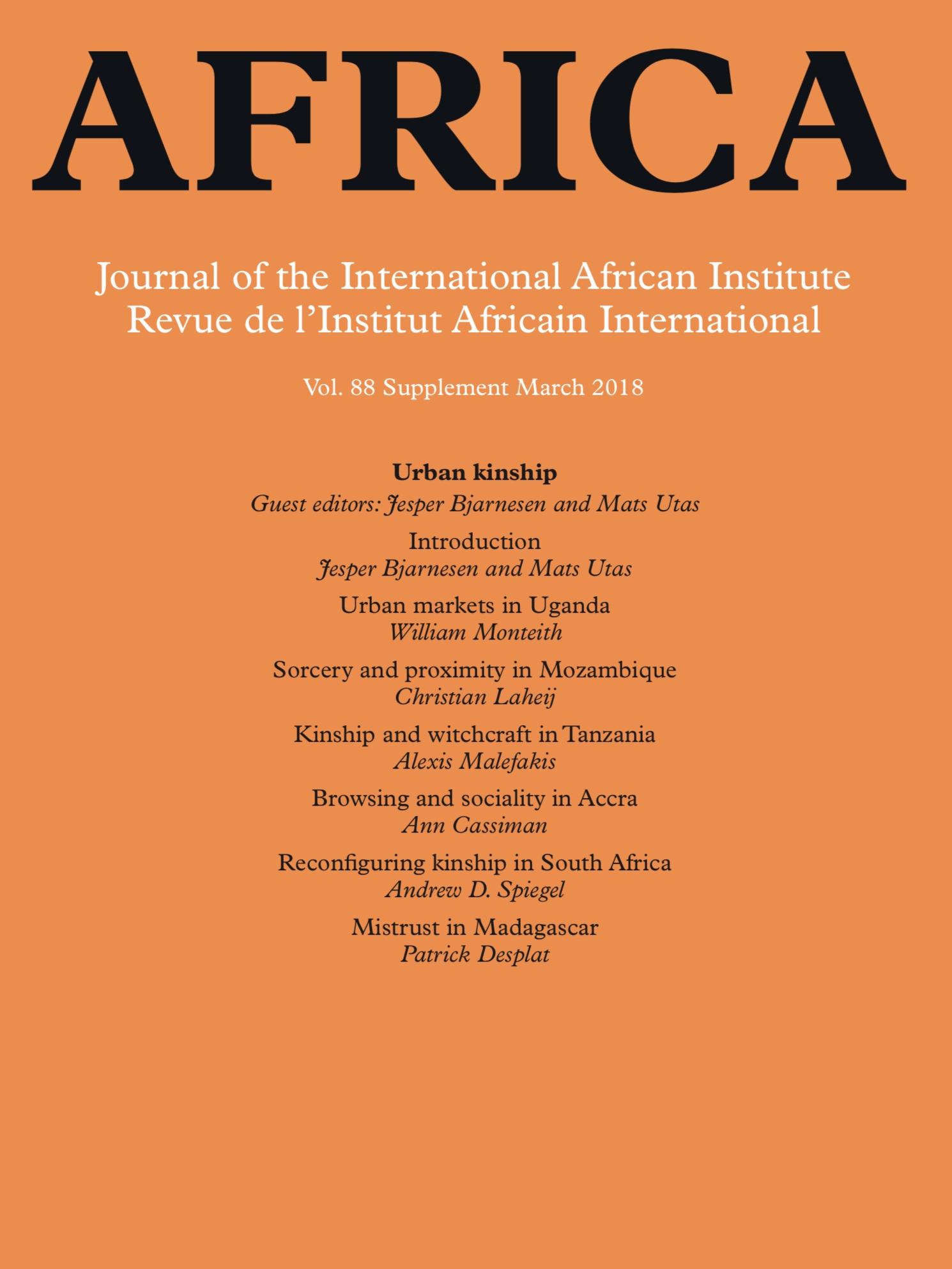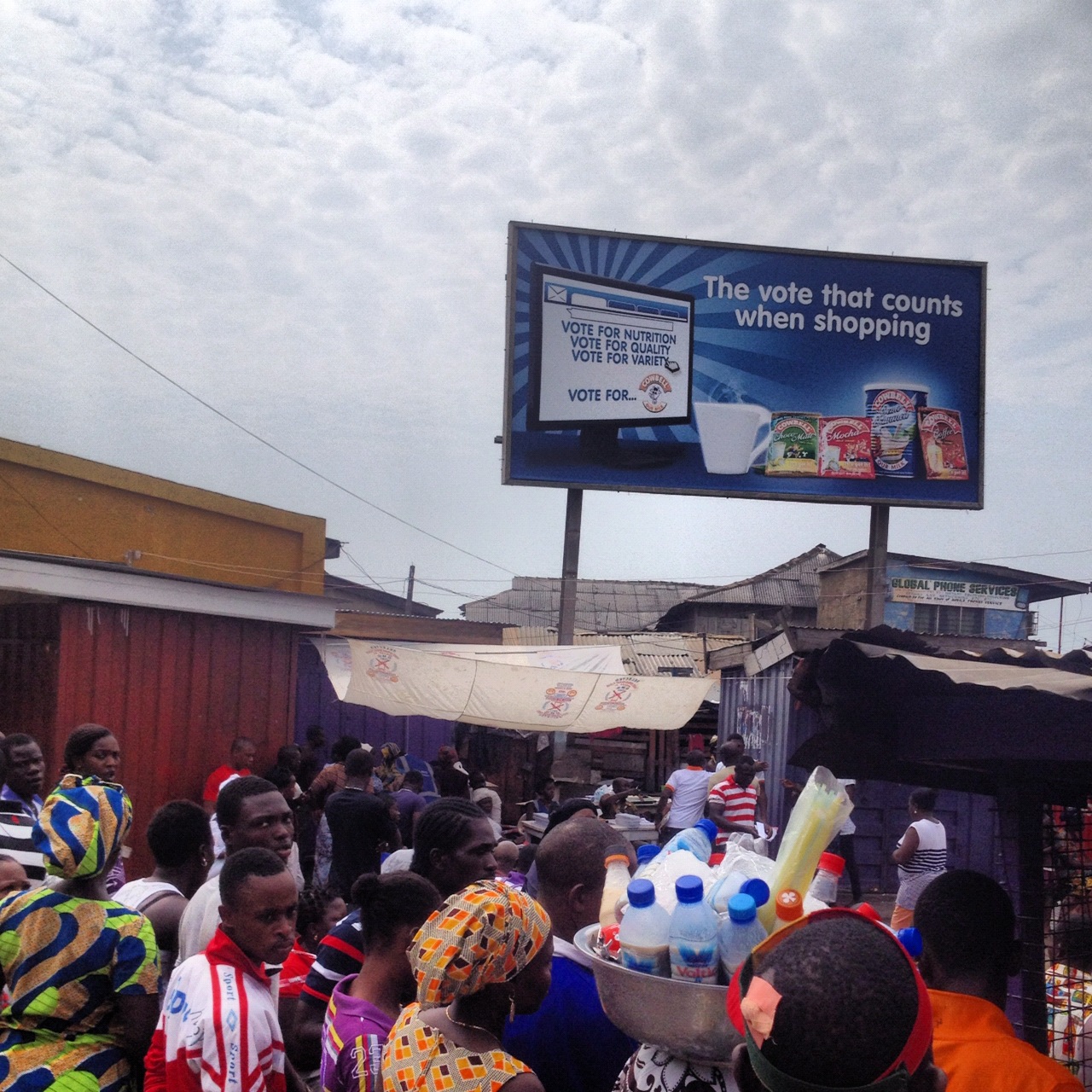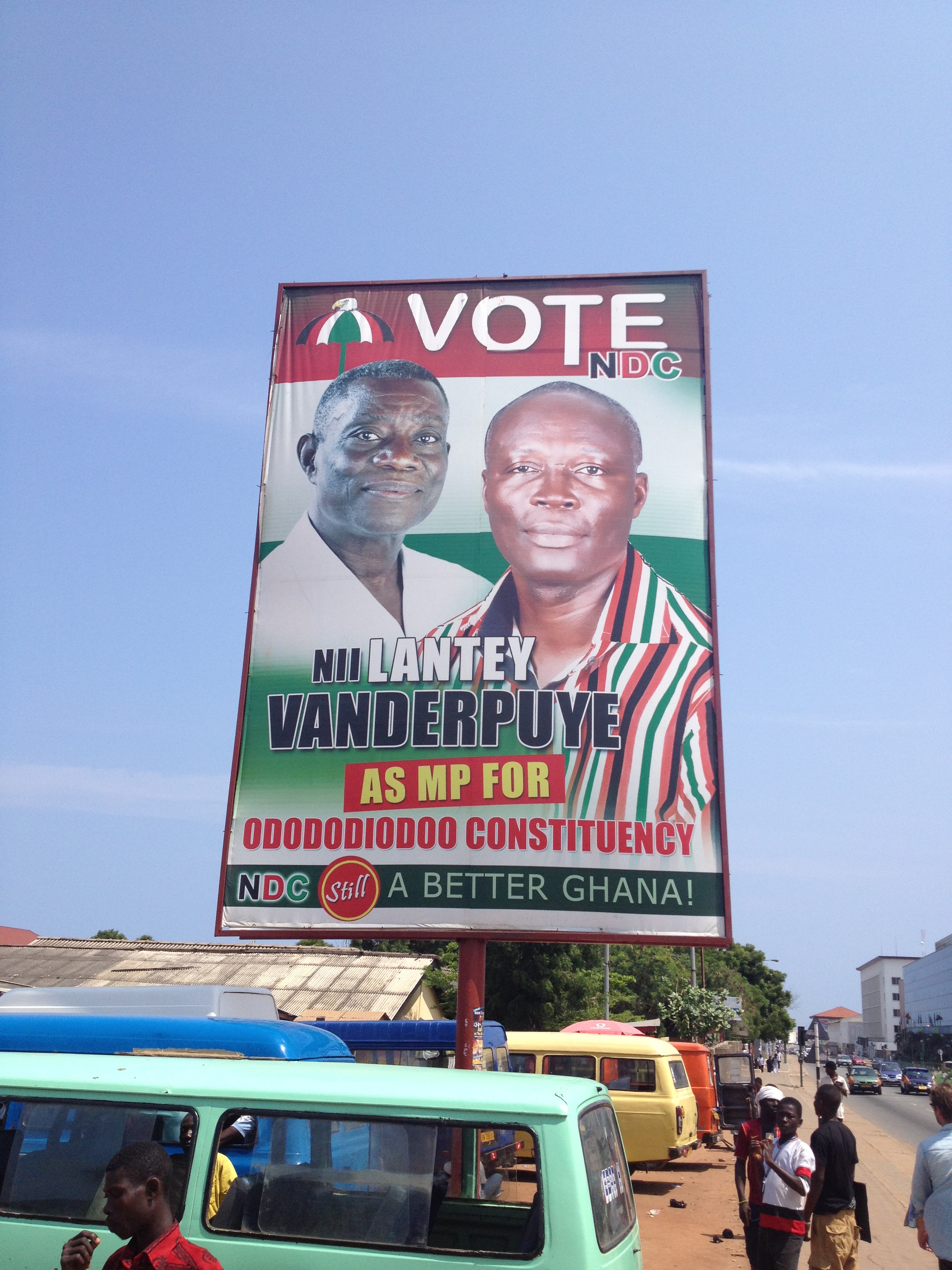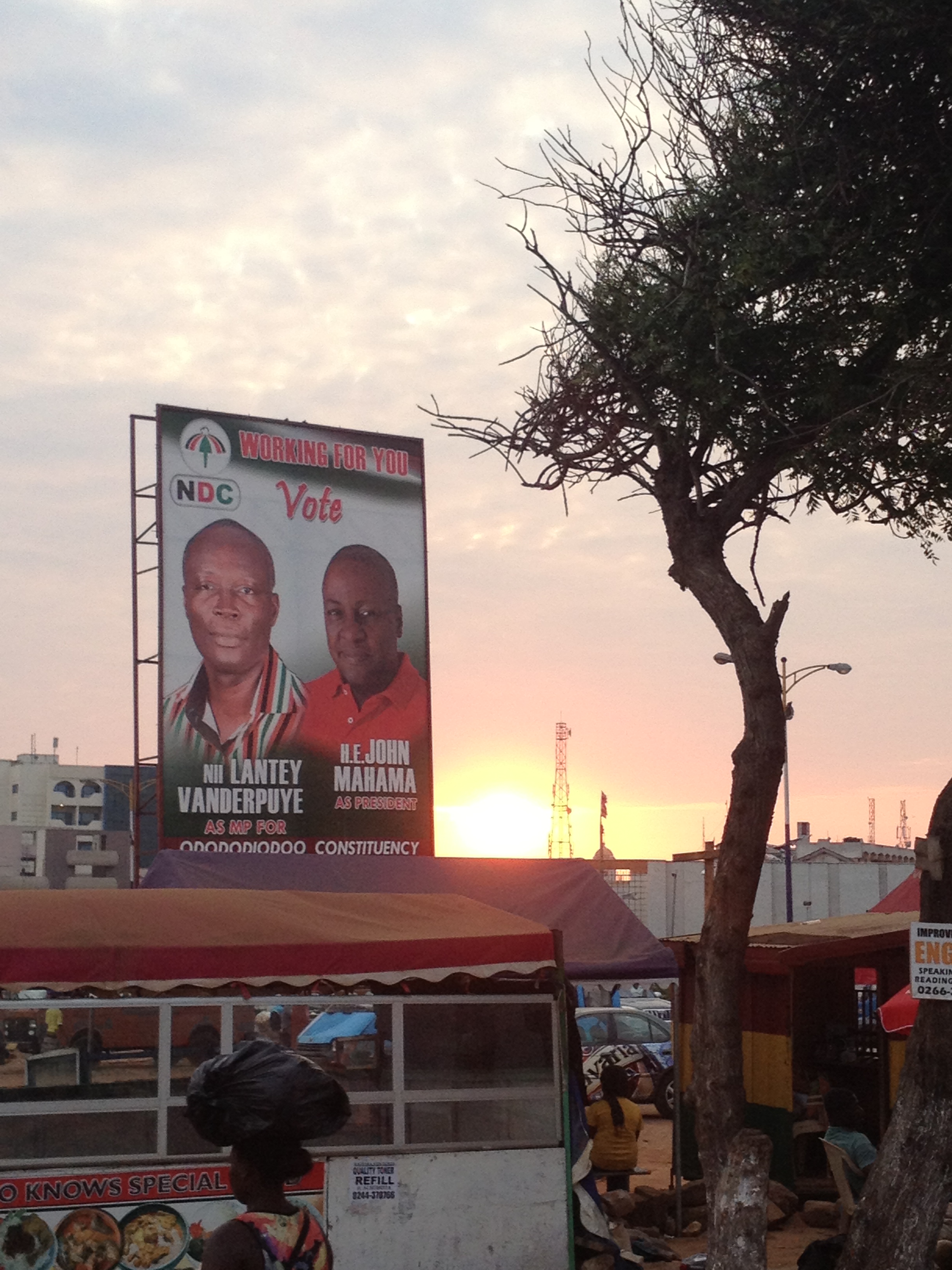 It is our pleasure and privilege to introduce a special issue of Africa, exploring the micro-politics of proximity and relatedness in six African cities. To understand how social and spatial proximity affects the dynamics of everyday sociality, we suggest the notion of urban kinship to capture how idioms of relatedness in the city build on more enduring socio-cultural legacies, often explicitly articulated in the language of family. Kinship ties are often thought to be naturally given, both in the sense of being biologically rooted in descent and in the sense of being inevitable as social ties. But kinship ties are indeed negotiable and require active work, in terms of their implications for the reproduction of relatedness as well as in their nominal orders. Continue reading
It is our pleasure and privilege to introduce a special issue of Africa, exploring the micro-politics of proximity and relatedness in six African cities. To understand how social and spatial proximity affects the dynamics of everyday sociality, we suggest the notion of urban kinship to capture how idioms of relatedness in the city build on more enduring socio-cultural legacies, often explicitly articulated in the language of family. Kinship ties are often thought to be naturally given, both in the sense of being biologically rooted in descent and in the sense of being inevitable as social ties. But kinship ties are indeed negotiable and require active work, in terms of their implications for the reproduction of relatedness as well as in their nominal orders. Continue reading
Tag: Ghana
Comparing elections in Sierra Leone and Ghana (guest post by Jonathan Bhalla)
Multi-party elections were a prominent feature of Africa’s political landscape in 2012, with twenty-three countries conducting polls – whether presidential, legislative or municipal. News coverage in the mainstream media has, at times, been framed in clichés and stereotypes. On the eve of the Sierra Leonean elections, the BBC published an article which opened: “Sierra Leone may be about to prove it has grown up”. The preoccupation is often with little more than who is likely to win and whether there will be violence. Rapid and diverse political transitions taking place across the continent are seldom reflected upon in any depth.
I have a longstanding interest in the politics of Sierra Leone, and so followed the elections on 17th November 2012 closely – albeit from a distance. I found a number of striking similarities with the polls in Ghana, which took place a few weeks later on 7-8th December, particularly interesting.
Narratives of Injustice: The Counting of Votes in Aboabo, Ghana (guest post by Ulrik Jennische)
The Election Day in Ghana has passed. The incumbent president John D. Mahama and his National Democratic Congress, NDC, have been declared winner by the Electoral Commission, EC. Celebrations have been held across the country.
But the electoral process is not over. The leading opposition New Patriotic Party, NPP, with its ‘flagbearer’ Nana Akufo-Addo is contesting the result, claiming their victory has been stolen by the NDC and EC. They have decided to gather their evidence and go to court, testing the judicial side of the Ghanaian democracy.
Due to malfunctioning verification machines the election day of last Friday the 7th had to be stretched to the following Saturday as well. However, already on Friday results were coming in that leaned toward a NDC victory. Still, NPP representatives held a press conference on Saturday afternoon claiming that reports they received from their polling agents all over the country predicted their much wanted victory. On Sunday EC declared NDC the winner. Speculations are rife. Were the reports given to NPP false, or has NDC been able to defy the new biometric verification machines and somehow added NDC votes to the ballot boxes? Or have NPP early on realized the outcome of the voting, and hence spreading suspicions of irregularities, hoping for a second chance? Nevertheless, their early press conference was criticized from NDC as well as the Ghana National Peace Council.
Ghana votes #2: machines and patience
Yesterday I spent much of the day walking between polling stations: first in James and Ussher towns (downtown Accra) where things seemed to be working really well and then in Ashaiman. The latter location is a market town located close to the port of Tema. It contains of many poor settlements and had its share of violence during the last elections. At the first ten stations the voting was flowing smoothly and people were very satisfied. In the late afternoon I however visited several polling stations where the “machines”, as people said, had stopped functioning. The new biometric system requires electronic fingerprints for voters to vote and without a functioning finger print scanner they cannot vote. In some places people waited for hours with little information of when they could vote. Election functionaries in these locations knew little more than the voters and expressed great frustration over the “machines”. In one case the machine had simply frozen and could not be restarted, in the other cases they did not work after batteries had been replaced. One functionary told me that in all of Ashaiman they had just one spare fingerprint device and of all the defunct polling stations I visited none had gotten any technical support (in fact many voters thought that I was the technician that would fix their “machines”). At five o’clock when the polling stations were officially supposed to close voters and functionaries had still not received information of how to proceed. Only after dark they learnt that they would be allowed to vote the following day.
Ghana votes #2: machines and patience
Yesterday I spent much of the day walking between polling stations: first in James and Ussher towns (downtown Accra) where things seemed to be working really well and then in Ashaiman. The latter location is a market town located close to the port of Tema. It contains of many poor settlements and had its share of violence during the last elections. At the first ten stations the voting was flowing smoothly and people were very satisfied. In the late afternoon I however visited several polling stations where the “machines”, as people said, had stopped functioning. The new biometric system requires electronic fingerprints for voters to vote and without a functioning finger print scanner they cannot vote. In some places people waited for hours with little information of when they could vote. Election functionaries in these locations knew little more than the voters and expressed great frustration over the “machines”. In one case the machine had simply frozen and could not be restarted, in the other cases they did not work after batteries had been replaced. One functionary told me that in all of Ashaiman they had just one spare fingerprint device and of all the defunct polling stations I visited none had gotten any technical support (in fact many voters thought that I was the technician that would fix their “machines”). At five o’clock when the polling stations were officially supposed to close voters and functionaries had still not received information of how to proceed. Only after dark they learnt that they would be allowed to vote the following day.
Ghana votes 2012
I must say that I have been slightly disappointed with the political temperature in Accra. The few days I have spent in Accra have showed nothing like the political spirit of Sierra Leone, or even Liberia. But Wednesday turned out to be the real campaigning day in Accra and there was suddenly nothing wrong with elections frenzy and party spirit. Small rallies of supporters in party attire with banners and flags roamed downtown; a few groups of young men ran along the streets, but most of the campaigning takes place in caravans of cars, with supporters leaning out through the windows shouting party slogans and blowing vuvuzelas. Typically a group of motorbike riders would come first, driving at maximum speed, blowing their horns, ignoring traffic rules; at times against busy traffic on one-way streets. A posh car or two, and then tro-tro’s (minibuses) and taxis would follow. In the evening heads of parties and local MPs held meetings at various places and crisscrossed through town creating a joyful chaos. Supporters of the parties met up in friendly clashes where abusive language was used but violence was not in the air. Mockery is a common form of campaigning and a friend of mine saw a tro-tro driver in one of the NDC crowds stopping in the middle of the road just to throw himself on the ground with feet and hands up in the air. This act was with reference to an NPP meeting a few days ago in Kumasi when a stage broke down under the weight of presidential candidate Akufo-Addo and other NPP seniors who subsequently fell to the ground with hands and feet in the air. There is clearly room for comedy. Thursday has been much more quite with no real rallies, although lots of talks about politics. Friday is time to vote. Continue reading


